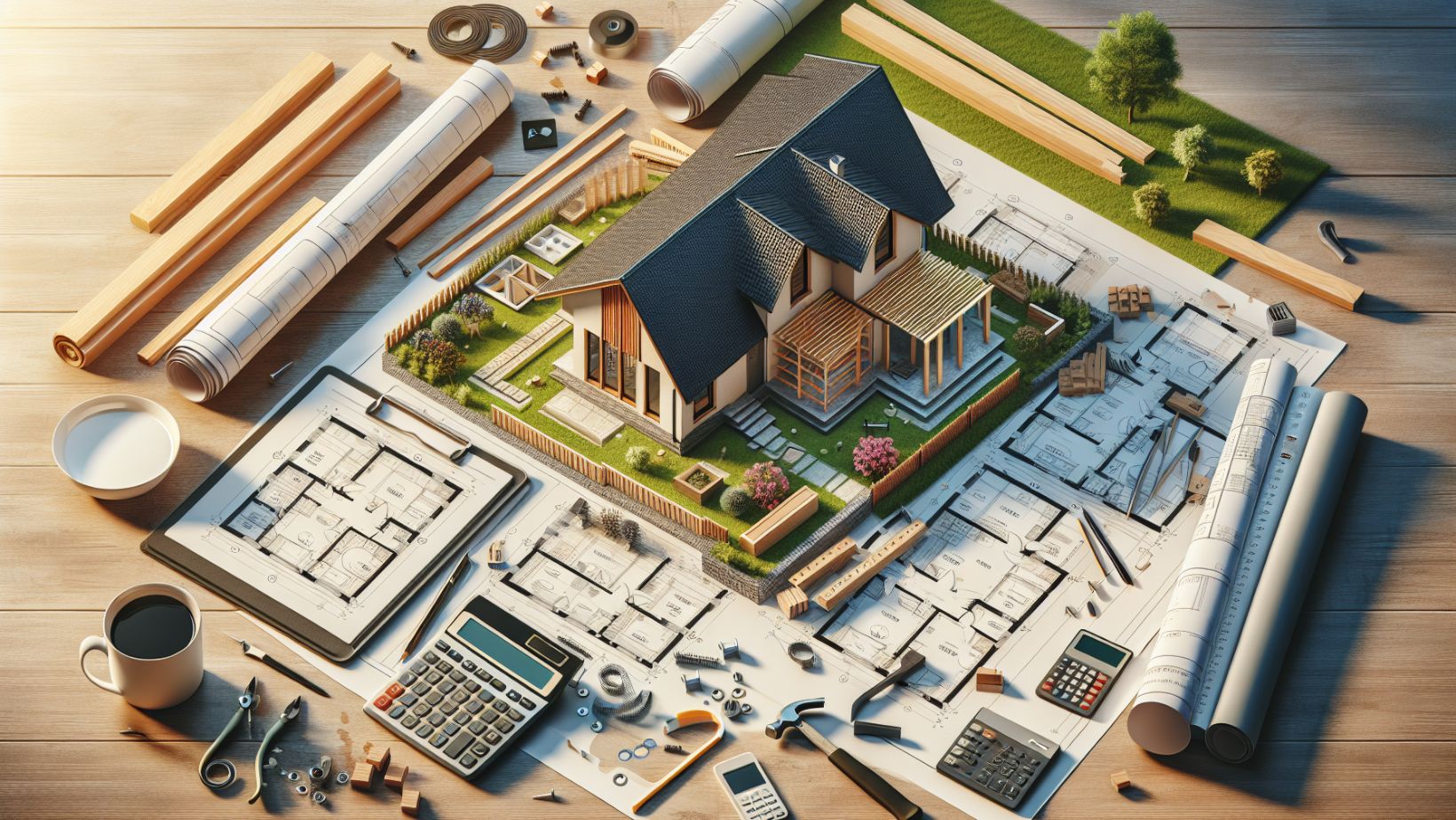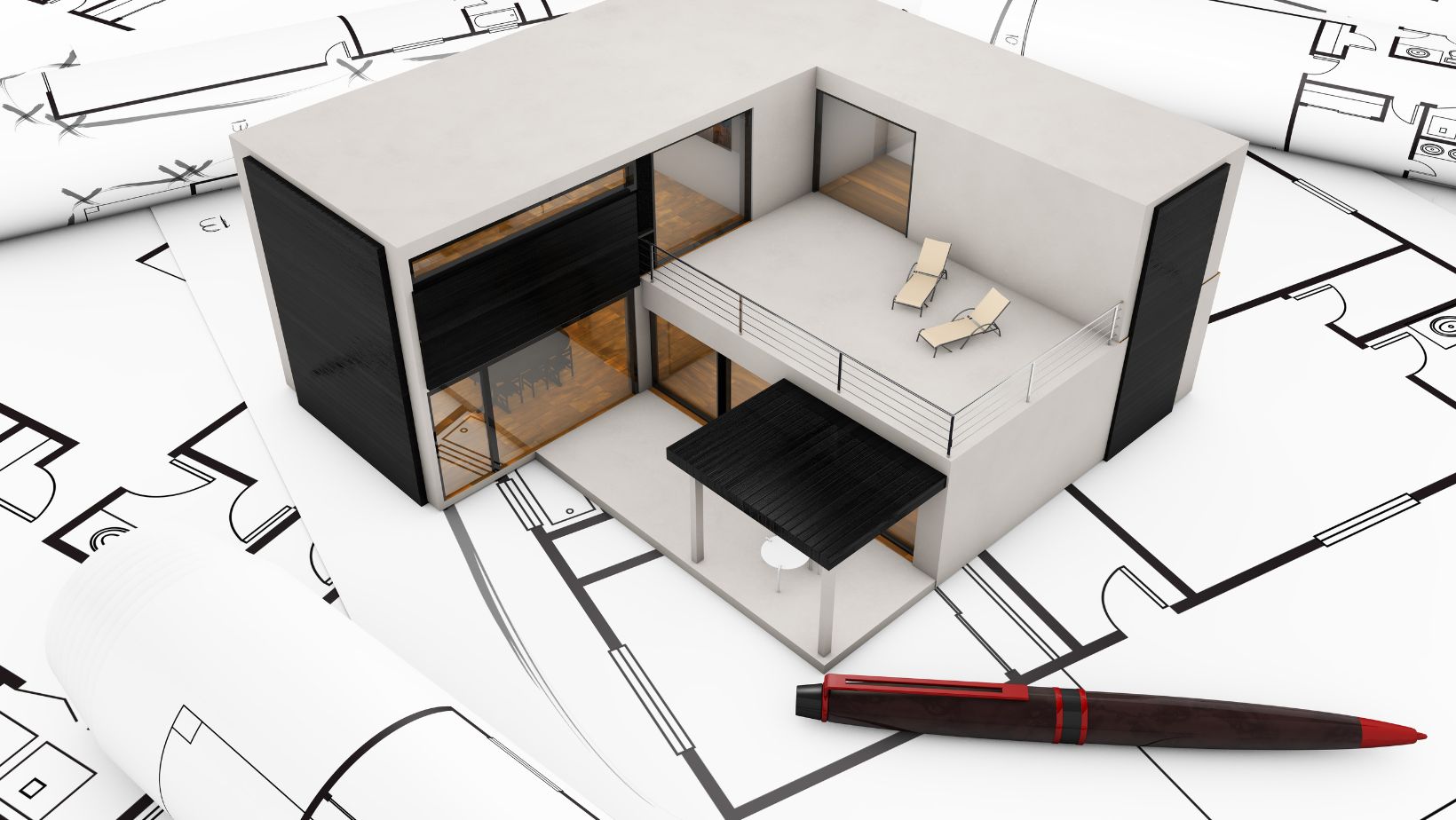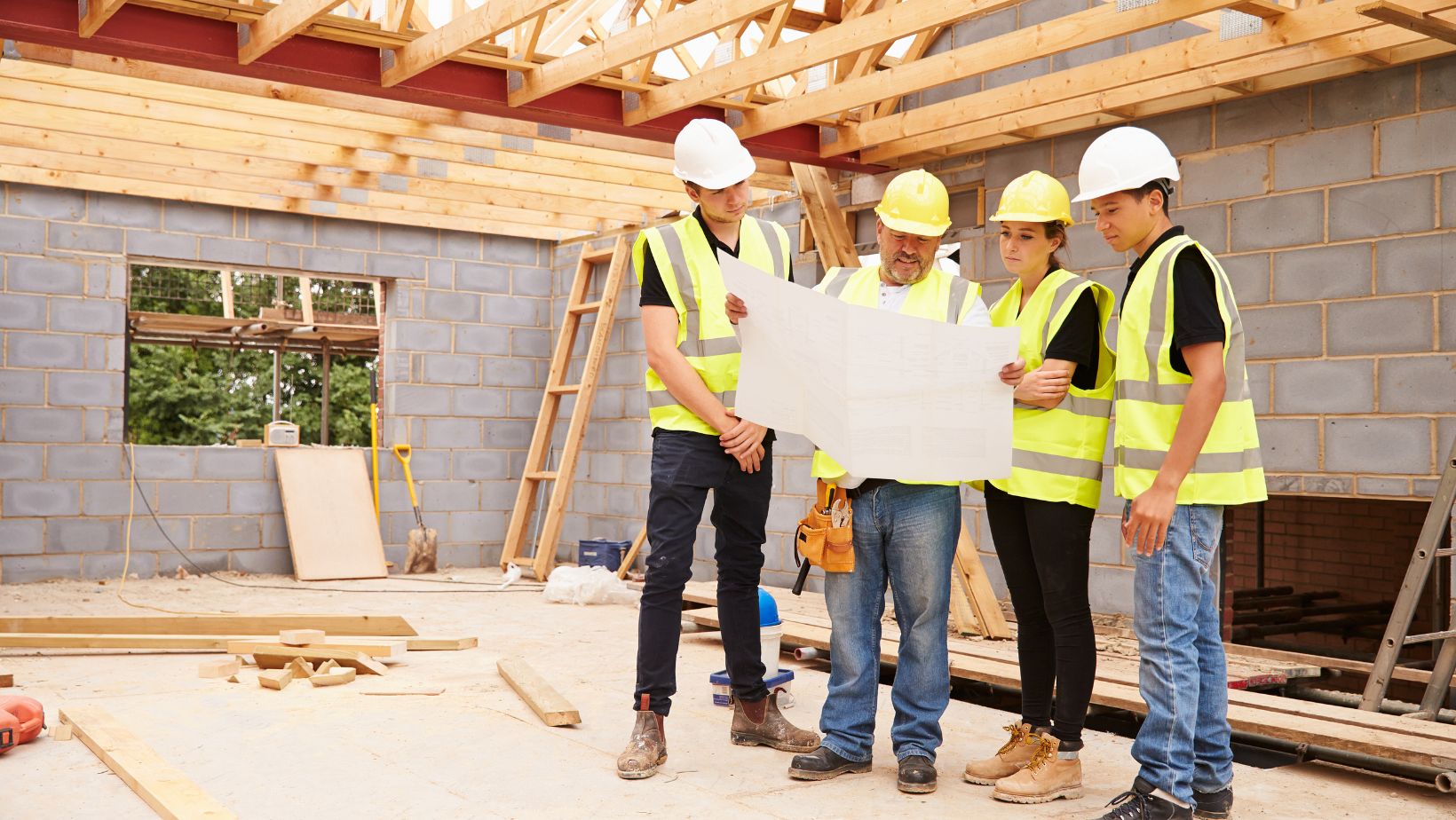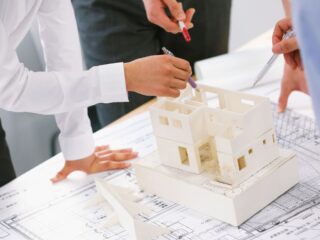
Building a custom home on a budget requires careful planning and strategic decisions. By following a structured approach, you can achieve your dream home without overspending. This article will guide you through essential steps and tips for budgeting effectively.
Building a custom home with services like Bee Smart Building can be both exciting and challenging. It is important to understand the process and make informed decisions to keep costs under control. In this article, you will learn how to plan effectively and build your dream home within your budget.
Understanding Your Budget
The first step in planning your custom home is understanding your budget. Start by determining how much you can afford to spend on the entire project. This includes not just construction costs but also land acquisition, permits, and other associated expenses. It is essential to have a clear financial plan in place before you begin the process.
Next, prioritize your needs versus wants. Identify the non-negotiable elements of your new home and distinguish them from luxury features that can be adjusted or added later. This helps you decide which elements are essential for your lifestyle and which ones can be compromised or postponed.
Creating a detailed budget breakdown is crucial for staying on track financially. Allocate funds for each aspect of the project, including construction, materials, labor, permits, and contingencies. Regularly analyze and adjust your budget as needed throughout the building process to avoid overspending.

Consider working with a financial advisor who specializes in home construction to help you manage your finances effectively.
Selecting the Right Location
The location of your custom home significantly impacts your budget. Land prices vary greatly depending on the area, so it is crucial to research different locations thoroughly. Consider factors such as proximity to work, schools, and amenities when choosing a site for your new home.
Additionally, take into account any potential future developments in the area that might affect property values or living conditions. When selecting land, ensure that it meets all zoning requirements and has access to necessary utilities like water, electricity, and sewage systems.
When evaluating potential locations, consider the topography and soil conditions of the land. These factors can significantly impact construction costs and the overall design of your home. For example, building on a steep slope or rocky terrain may require additional excavation and foundation work, increasing expenses. Consulting with a geotechnical engineer can help you assess the site’s suitability and anticipate any challenges or additional costs.
Designing Your Dream Home
Once you have established your budget and chosen a suitable location, the next step is designing your custom home. Work with an experienced architect or designer who can help bring your vision to life while staying within budget constraints. They can provide valuable insights into cost-effective materials and construction techniques that still deliver high-quality results.
A well-thought-out design should maximize space efficiency and functionality without compromising aesthetics. Opt for sustainable building practices where possible to reduce long-term costs and environmental impact.

During the design phase, consider incorporating multi-functional spaces to maximize square footage without increasing the overall size of your home. For instance, a well-designed home office can double as a guest room, or a laundry room can be integrated into a mudroom. By creating versatile spaces, you can reduce construction costs while still achieving the functionality you desire.
Selecting the Right Contractor
The choice of contractor plays a vital role in ensuring your custom home is built within budget and to high standards. Research potential contractors thoroughly by analyzing their portfolios, checking references, and reading client testimonials. Make sure they have experience in building custom homes similar to what you envision. A reputable contractor will provide a detailed estimate of costs upfront and work closely with you throughout the project to avoid any unexpected expenses or delays.






